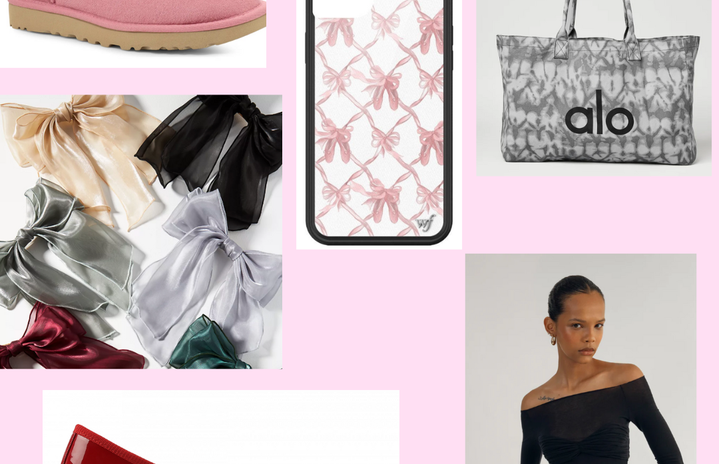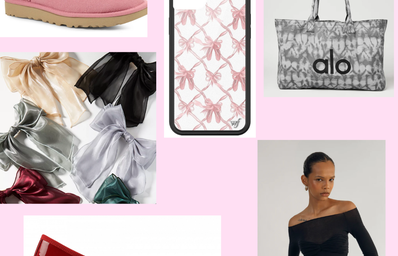From shamed yet tantalising $1000 clothing hauls to the never-ending conveyor belt of microtrends, #underconsumptioncore to some can be seen as a hopeful breath of air.
#Underconsumptioncore has been trending these past few months, consisting of people showcasing how they limit themselves from making new purchases by stretching out what they already own. In some ways, this trend is in stark contrast to the excessive consumption habits that have been glorified on the internet recently. However, while some claim that this new trend has been championed by “the youth”, I thought about the group of “youths” I mainly associate myself with and questioned whether this was true. For university students like myself, how easy (or difficult) is it for us to contribute to this trend?
In some ways, underconsumption should be easier for us students, as we are known to live a minimalist and nomadic lifestyle. In the UK, with 1.5 million higher education students on a student loan, and an average final debt of £43,700, it is clear that limited daily spending is an important priority. This is especially true for students living in major cities like London, where frugality is important to offset the high expenses that are out of our control, like transport. Most of us also find ourselves moving around each year, from student accommodation to flats and homes. The knowledge that our current houses will need to fit into a few boxes by the end of the year sits on our conscience with every new purchase. So in theory, buying less should be easier for us…right?
Sadly, for the generation that will benefit the most from underconsumption habits in terms of our environmental future, we have become common targets. Simply applying to university through UCAS links your inbox to countless student discounts offers on behalf of sites like Studentbeans and UniDays. On these websites, tempting deals are blasted to students: ‘35% off PLT sitewide!’ ‘6 months of Amazon Prime!’ As a first year, knowing that I no longer lived with parents who could see each purchase arrive at the door, I started adding things to my cart right away.
Of course, the individual is not fully to blame. University is a vulnerable time. Stripped away from everything familiar, the fundamental need to belong becomes much more apparent. Having a cute new “uni bag” might just provide an “in”. Moreover, as deadlines start piling up and we feel stretched thin, a simple click provides that second of dopamine we so desperately need. It does not help either that our generation is viewed by marketers as “highly influential and on the cusp of forming lifelong purchasing habits”. Advertisements to our generation are often extremely pervasive, making our exposure to potential purchases unavoidable each time we open social media.
So has the #underconsumptioncore trend failed to make an impression on today’s university students? The fact that it has made a dent in the information overflow of social media shows that we are in fact noticing the flaws in our consumption habits, even if we fall prey to them. As I look around my room, I recognise that the purchases I have indulged in were mostly made on impulse, on days when I felt the most lost, disillusioned and, alone. Recognising the emotional aspects tied to my purchasing habits, I believe that as the term progresses and I start to find routine and familiarity attempting mindful consumption will become a lot easier and I encourage you to try the same.


